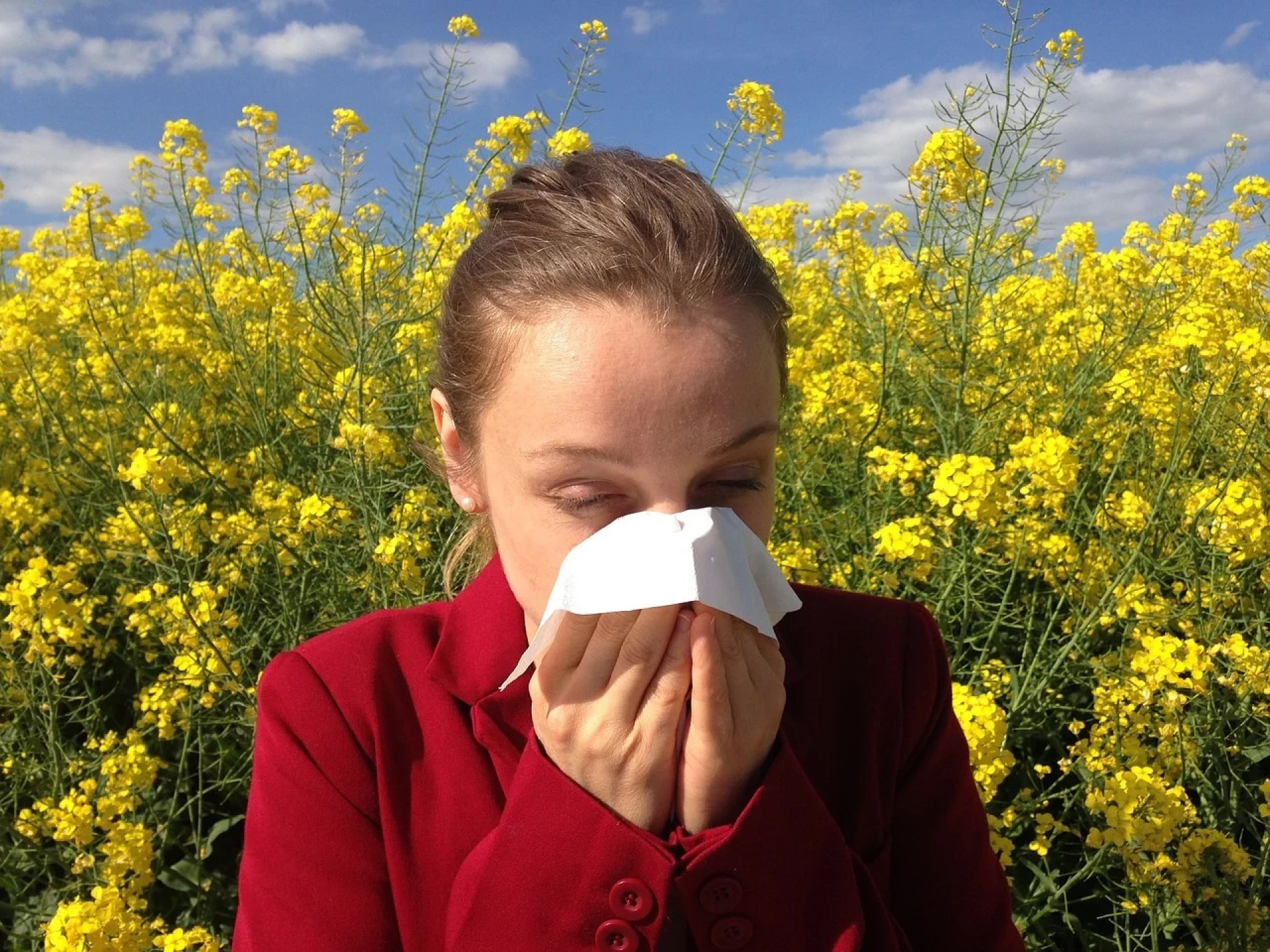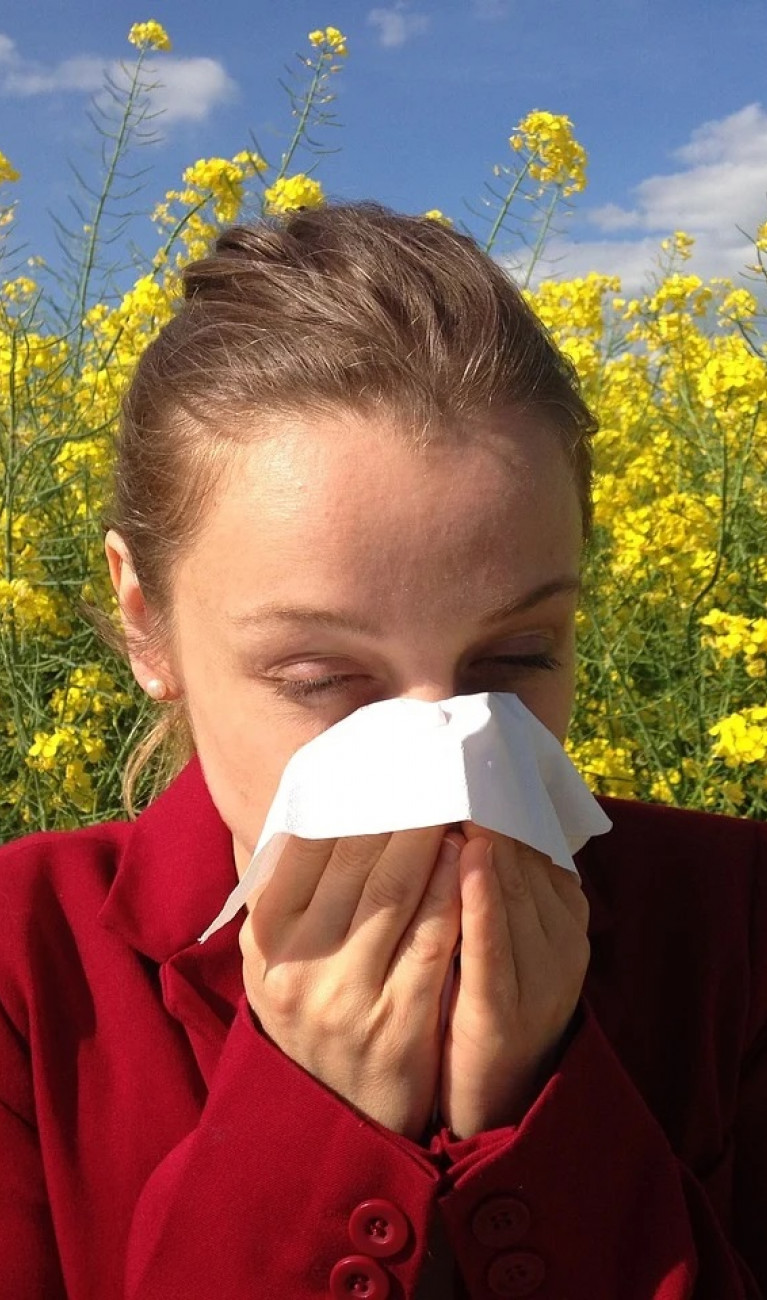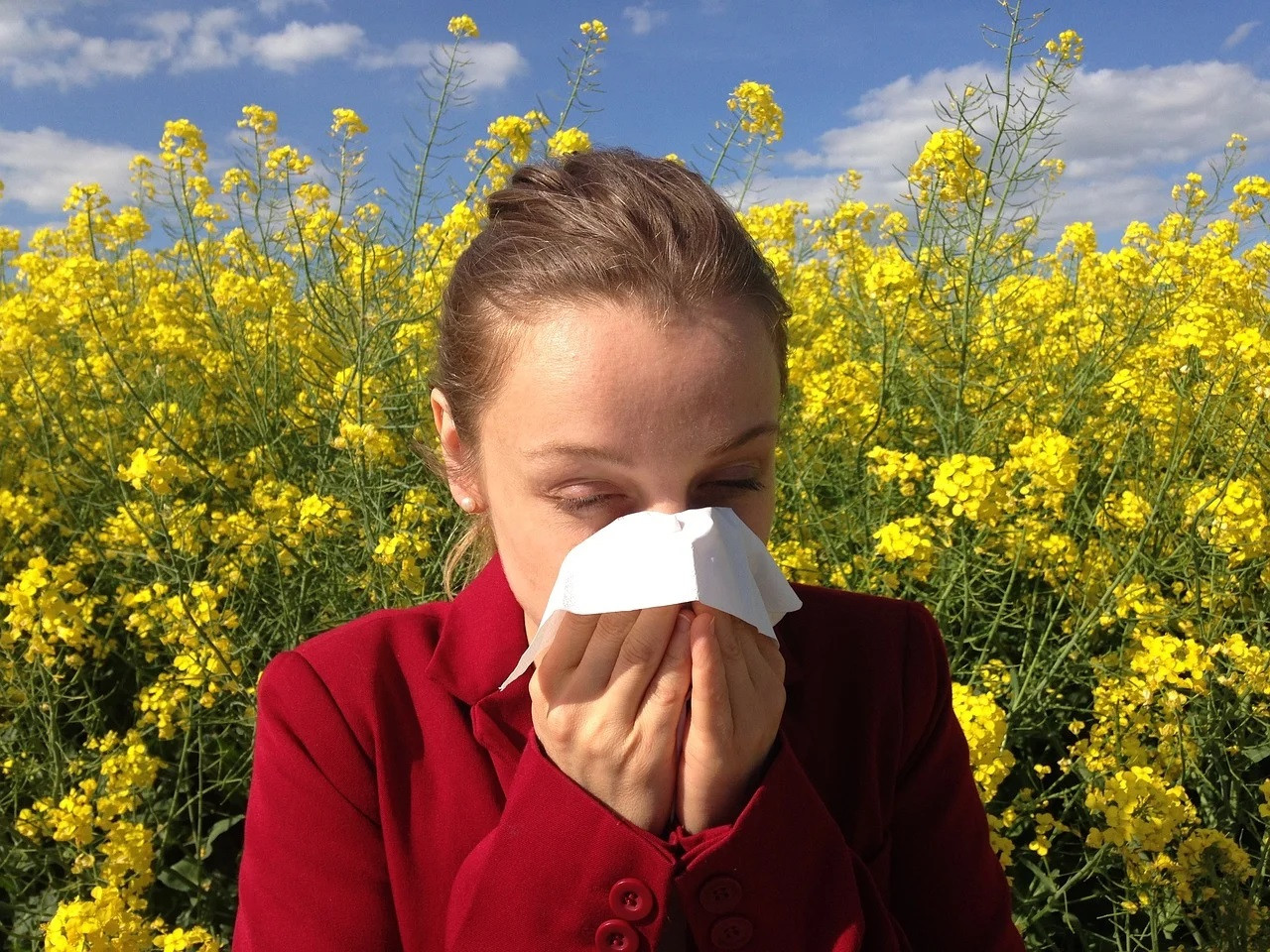Project: Impacts on health in NAKO & Rhineland study


Participating Centers: Helmholtz Munich, MDC, DZNE, DKFZ, HZI
Contacts: A. Peters, T. Pischon, M. Breteler, T. Waterboer, S. Castell
Introduction and project aims
The German National Cohort (Nationale Kohorte – NAKO) and the Rhineland study assess the health of more than 210,000 adults. Participants are subject to repeated examination over the years. These cohort studies provide a unique opportunity to study the correlation between satellite-based spatiotemporal resolved weather parameter, contextual factors, and early physiological responses to weather. We will focus on the impact that weather has on cardiovascular diseases, metabolic and cognitive functions, as well as mental health.
In connection with Project „Infectious deseases and allergies“, we will be looking at the prevalence of Lyme disease for the first time in such a large cohort. Finally, we plan to assess the joint impact of temperature and UV radiation on antibodies to fight infectious diseases, especially cutaneous human papillomaviruses (HPV), to monitor exacerbations and the effects on the risk of nonmelanoma skin cancer. As part of this project, we plan to draw on the expertise of all Helmholtz Health Centers and make the data available to help create a body of expert knowledge on the effects of climate change. A team of young scientists will perform this research and jointly analyze and publish the data.
Specific aims
- To assign novel data on temperature, moisture, and UV radiation featuring temporal and spatial variation to the postal codes/residential addresses of 100,000 individuals from the German National Cohort and of 3,000 individuals from the Rhineland study, covering 19 different regions in Germany.
- To achieve a new understanding of the underlying physiological responses regarding health with a focus on cardiometabolic diseases and cancer, cognitive functions, mental health, and strain from infectious diseases.
- To quantify the interactions between impacts and future changes in adaptation due to complex causal pathways and differential vulnerability associated with contextual and individual factors (aging, multimorbidity, urban vs. rural indicators).
